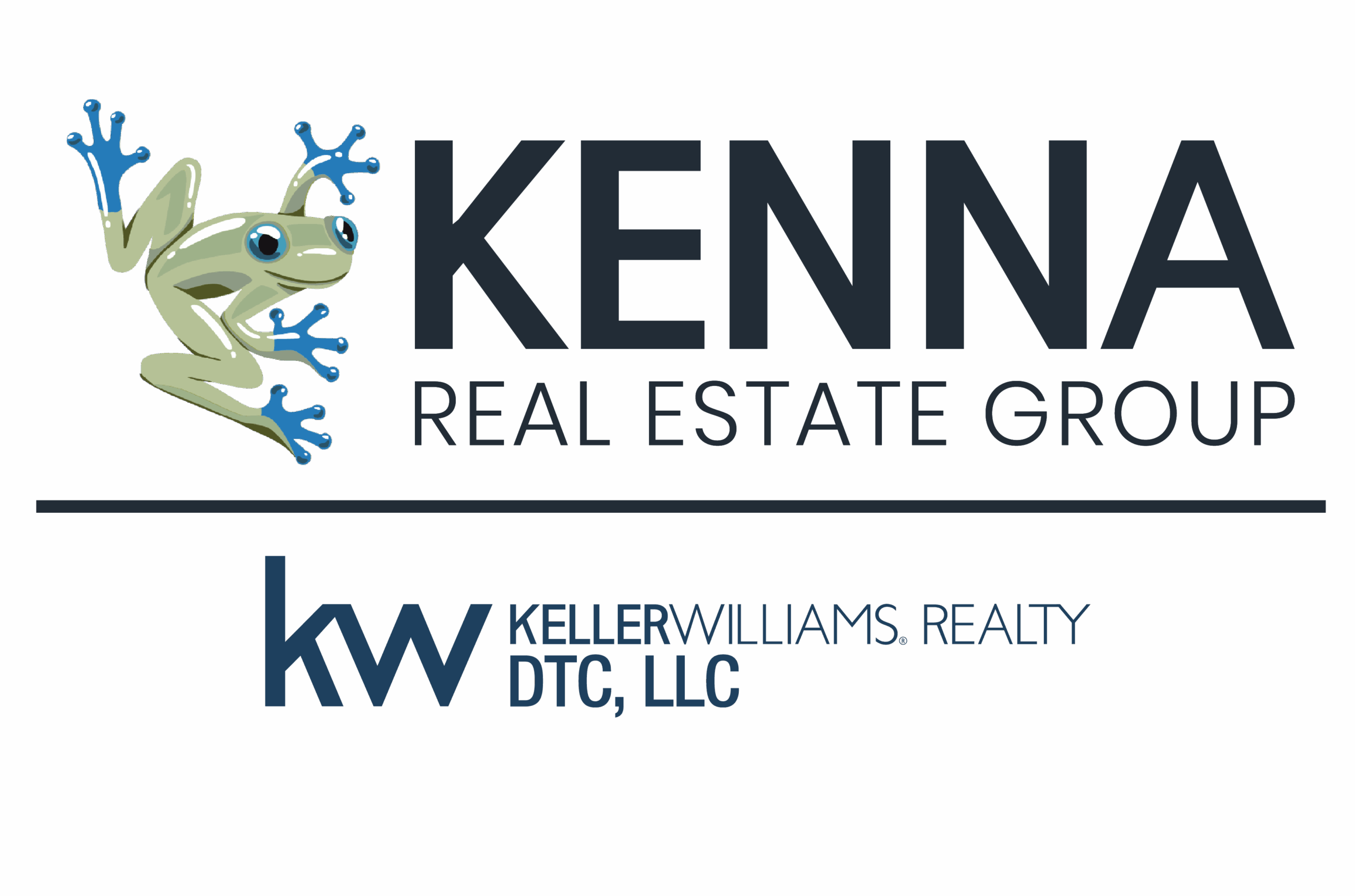If you’ve lived in Denver for a while, you’ve probably heard folks talk about HUD homes as a hidden bargain—especially with prices climbing everywhere. It’s understood that the idea of snagging a house well below market value sounds tempting, but there’s more to the story than just a good sticker price. Before we jump in, let’s look at what makes these homes unique—and where buyers around here often run into trouble.
Understanding Denver HUD Home Affordability
When we talk about affordability in Denver’s HUD home market, it’s not just about listing prices—it’s about how real folks like us manage to make the numbers work in a city where wages haven’t kept pace with skyrocketing home values.
Home prices have more than doubled since 2005, yet most of us haven’t seen our paychecks keep up. HUD sets income limits by household size—say, $126,100 for a family of three at the 100% AMI mark—which shapes who can even get their foot in the door.
Programs targeting 80% or lower AMI levels can help, capping rents on HUD-backed units well below Denver’s steep market rates.
Still, with construction costs up and most new permits going to single-family homes, the squeeze is real.
Risks and Limitations of Buying HUD Homes
Let’s talk about some of the hurdles we might run into when buying a HUD home here in Denver.
The limited inventory means we’re often competing with a lot of other buyers, and most of these houses need more than just a coat of paint.
On top of that, strict eligibility rules can make the process feel a bit more complicated than your average home purchase.
Limited Inventory and Competition
Though Denver’s housing inventory has finally caught its breath after those frantic bidding wars, buying a HUD home here still comes with its own quirks.
We’re seeing plenty more “For Sale” signs these days—active listings jumped to over 13,000—but actual HUD homes remain a rare find in the mix.
Even with the market cooling off, HUD properties can attract a flurry of interest, especially if they’re priced lower than nearby comps.
It’s a bit of a paradox: there’s less competition overall, but if you spot a solid HUD listing, you’ll want to move fast.
At the same time, high mortgage rates and affordability concerns keep some buyers on the sidelines, so timing and preparation matter more than ever in these pockets of opportunity.
Renovation and Repair Costs
Even if you snag a HUD home in Denver for a good price, you’re almost guaranteed to face a whole new set of costs before you can settle in. It’s not just painting or patching drywall—we’re talking about big-ticket repairs, from aging HVAC systems to full-on electrification upgrades. The numbers can be eye-opening, especially when you compare them to what most of us make in a year.
| Expense | Estimated Cost |
|---|---|
| Electrification per unit | $47,231 |
| 2-bed, non-elevator reno | $59,766 |
| Median Denver home price | $619,500 |
| Annual median income | $81,630 |
We see families get caught off guard by deferred maintenance—sometimes running into tens of thousands. Before dreaming of move-in day, let’s be honest about what’s needed.
Strict Eligibility Requirements
If you’ve ever poked around Denver’s HUD listings, you know the paperwork and hoops aren’t for the faint of heart.
We’re talking strict income brackets—earn too little, you’re out; earn too much, you’re out. For most homes, your household income needs to land between 50% and 120% of Denver’s Area Median Income, and your assets can’t exceed one and a half times the home’s price.
That means every pay stub, tax return, and bank statement gets scrutinized—twice. If you’ve ever been evicted from subsidized housing for drug-related issues or owe HUD money, that’s a dealbreaker.
Even where you hope to buy matters, since limits shift by neighborhood. It’s a maze, but if you fit, the reward can be worth it.
Navigating the Application and Bidding Process
When you decide to look into Denver HUD homes, the application and bidding process can feel a little overwhelming at first, but it’s really just a series of steps that locals have been maneuvering for years.
First, we gather our paperwork—proof of citizenship, Social Security numbers, pay stubs, and any assistance awards. The housing authority uses this to check eligibility, and then we’re placed on a waitlist, which can move slowly depending on voucher availability and special preferences.
Once our turn comes up, there’s a mandatory orientation, then a race against the clock—usually 60 to 120 days—to find an eligible place. We work directly with landlords, negotiate terms, and submit paperwork for inspections before we finally get to sign the lease.
It’s a process, but it’s doable.
Common Mistakes Denver HUD Buyers Make
Plenty of folks around Denver jump into the HUD home process thinking they’ve done their homework, but the same handful of mistakes keep popping up time and again.
We see buyers skimp on independent inspections, trusting only HUD’s reports—then get blindsided by repairs no one flagged. Some overbid, thinking they’re in a bidding war, even when the neighborhood doesn’t call for it.
Others work with agents who don’t know the quirks of Denver’s HUD market—missing out on key timelines or local opportunities.
Let’s not forget folks who chase the hottest neighborhoods, ignoring up-and-coming pockets with real growth.
And plenty underestimate just how much it’ll cost to update those old systems or secure the right loan.
Local knowledge really does make all the difference.
Comparing HUD Homes to Traditional Real Estate Purchases
Though it’s tempting to lump all home buys together, snagging a HUD home in Denver is a different ballgame from the traditional real estate route. Here, we’re talking sealed bids—not open negotiations—so there’s less back-and-forth than you’d find on a standard deal down the block in Wash Park.
HUD homes can go for $50,000–$80,000 below market value, but you’re buying “as-is,” and any repairs, big or small, are ours to handle.
On the plus side, FHA-backed loans come with low down payments and possible closing cost help, making the numbers appealing for many.
Still, the listings are scarce, and you’ll need a HUD-approved agent to even get your bid in. It’s a very different process than the usual MLS hunt.
HUD Homes vs. Foreclosures: Key Differences for Buyers
Let’s talk about how buying a HUD home here in Denver really stacks up against picking up a foreclosure, especially when it comes to how these properties change hands and what shape they’re in.
We’re looking at differences in everything from the paperwork and bidding to the surprises you might find once you finally get the keys.
If you’ve ever wondered which route brings fewer headaches—or which one really fits our market—you’re not alone.
Ownership and Sale Process
Whenever we talk about HUD homes and traditional foreclosures here in Denver, it’s clear the buying experience isn’t quite the same. With HUD homes, the process feels more transparent—listings are easy to find, bidding is structured, and there’s a real push to help regular folks become homeowners. Foreclosures, though, often feel rushed and favor investors who can move fast, usually with cash in hand. HUD’s incentives—like $100 down and closing cost help—can smooth the path, while foreclosure buyers shoulder more risks and upfront costs. We’ve seen neighbors benefit from HUD’s owner-occupant priority, which just isn’t an option with most bank-owned sales.
Here’s a quick comparison:
| HUD Homes | Foreclosures | |
|---|---|---|
| Ownership | HUD (FHA loan origin) | Bank/lender repossession |
| Sale Process | Transparent, structured | Fast, auction-based |
| Incentives | Closing help, $100 down | Few/none |
Property Condition and Risks
When you’re sizing up HUD homes versus Denver foreclosures, the condition of the property and the risks you’re taking on can feel like two totally different ballgames.
With HUD homes, we’re dealing with as-is sales—sometimes you luck out and find a place that’s move-in ready, but more often, there’s a laundry list of repairs and no one’s footing the bill but us.
Inspections are a must, yet we won’t get repair histories or much disclosure. The upside? HUD usually transfers a clean title, which is a big relief compared to foreclosure auctions.
Those can come with hidden liens, legal tangles, and some serious repair surprises—plus, you’ve got to move fast, often with no time for a real inspection.
It’s riskier, plain and simple.
FAQ
Can I Use FHA Loans to Purchase a Denver HUD Home?
Absolutely, we can use FHA loans to buy Denver HUD homes.
Around here, that’s pretty common since FHA’s low down payment makes these homes more accessible.
We’ll need to meet FHA guidelines—credit score, steady job, and all the paperwork.
Just remember, the house has to pass a HUD inspection and be our primary residence.
It’s worth checking with a few local lenders; they each have their own quirks and rates.
Are Pets Allowed in Denver HUD Homes?
Yes, pets are allowed in Denver HUD homes, but there are some clear rules we all follow.
Most of us can have one dog or cat per household, as long as they’re under 30 pounds and not considered dangerous breeds.
Small caged critters and fish are welcome too.
If your animal is a service or emotional support animal, those limits don’t apply—just make sure you’ve got the right paperwork.
It’s a pet-friendly but practical community.
How Long Does It Take to Close on a HUD Home in Denver?
In Denver, closing on a HUD home usually takes about 45 days if we’re using a mortgage, but we’ve seen cash deals wrap up in a week.
The pace depends on our lender, how quickly appraisals and title work get done, and making sure we meet HUD’s tight deadlines—missing a 48-hour window can cost us the house.
Local agents know these quirks, so having one on our side helps everything run smoother.
Can Investors Buy Denver HUD Homes, or Only Owner-Occupants?
We can absolutely buy Denver HUD homes as investors, but we’ve got to wait until the initial 30-day window—reserved for folks planning to live in the place—closes.
After that, we’re free to bid, though some properties tied to affordable housing programs stay off-limits.
It’s important to double-check restrictions and not jump the gun.
Around here, patience pays off, but we’ve got to know the rules so we don’t waste time or miss out.
Are HUD Homes Eligible for First-Time Homebuyer Assistance Programs?
Yes, HUD homes can qualify for first-time homebuyer assistance, but it depends on the program and the house itself.
Around here, we’ve seen folks use down payment grants and the HCV Homeownership Program on HUD properties, as long as the place will be your primary residence and you meet income guidelines.
You’ll need to complete counseling and get pre-approved for a mortgage. It’s a bit of paperwork, but the help is real.


